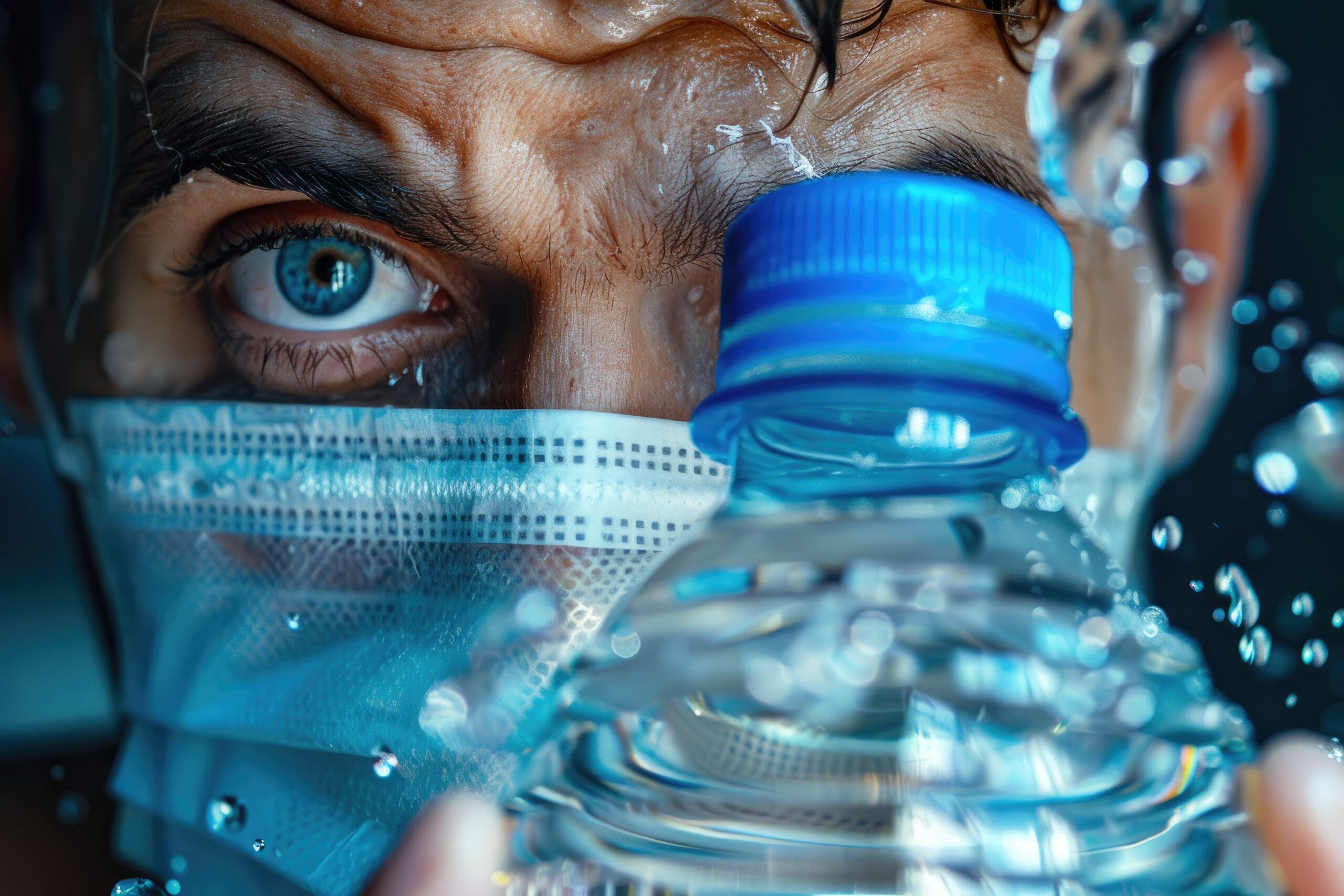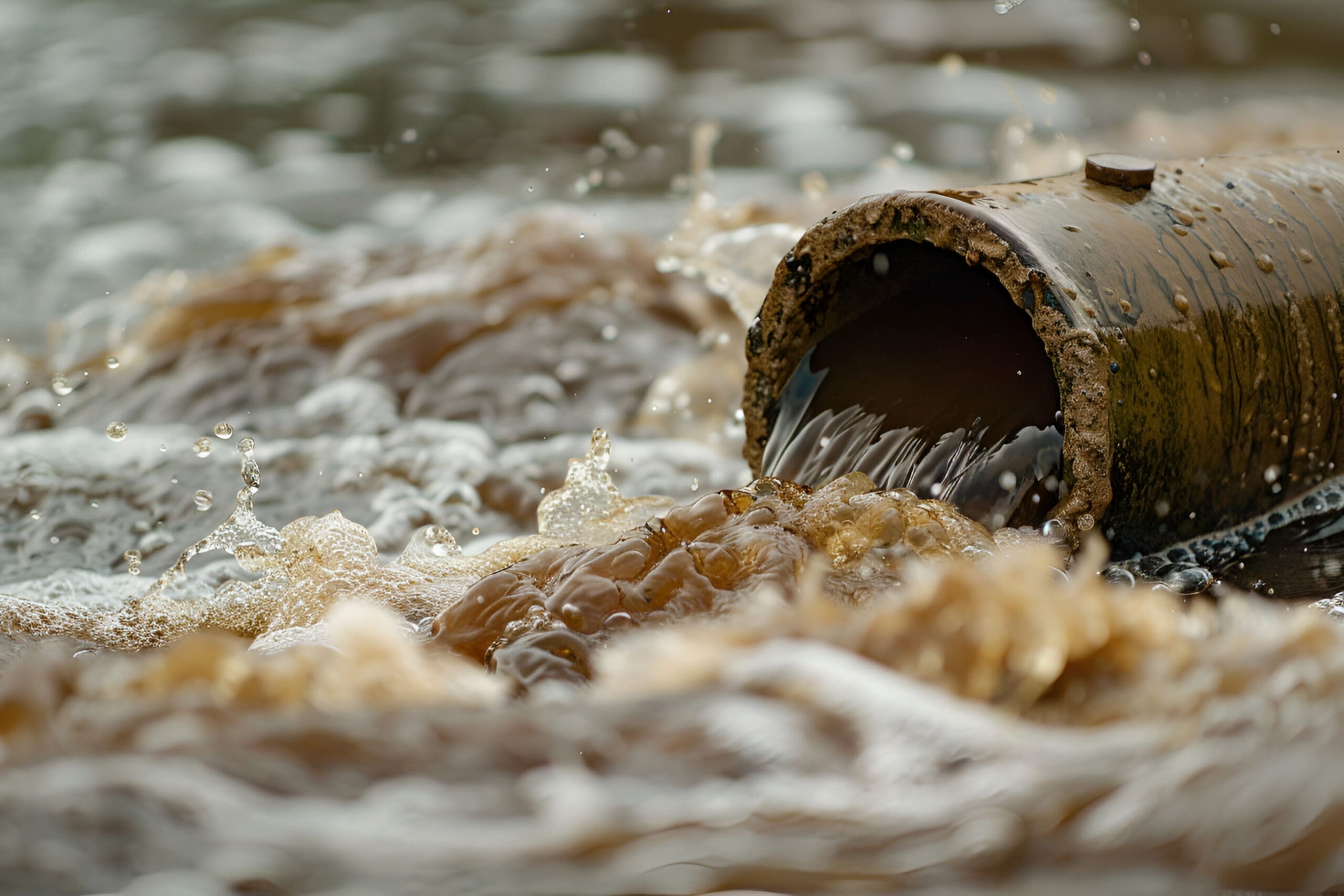- Proudly Australian Owned and Operated.
Menu

Many Australians trust tap water for their daily needs, but few know it may pose serious health risks. Reports suggest that contaminants in the water could be linked to cancer. Understanding these dangers is crucial for safeguarding your family’s health.
Tap water in Australia can contain various harmful substances like chlorine, heavy metals, and industrial chemicals. These contaminants enter water supplies through different channels, such as old plumbing systems, agricultural runoff, and waste disposal. Regular consumption and exposure to these substances over time can increase the risk of developing cancer.
Protecting your family from these risks starts with being informed and taking preventive measures. From recognising common contaminants to choosing the right filtration system, there are steps you can take to ensure your tap water is clean and safe.
This article will provide insights into the contaminants found in Australia’s tap water, explain how they can lead to cancer, and offer practical solutions to mitigate these dangers. Understanding and addressing these issues will help you provide a healthier environment for your loved ones.

Australia’s tap water can contain various harmful contaminants that may affect health. Recognising these common contaminants is the first step in protecting yourself and your family.
1. Chlorine: Used to disinfect water, chlorine can create harmful by-products when it reacts with organic matter in water. These by-products are linked to cancer and other health issues.
2. Heavy Metals: Lead, mercury, and arsenic can leach into water from old pipes and plumbing systems. Even at low levels, these metals are toxic and pose serious health risks.
3. Pesticides and Herbicides: Agricultural runoff can contaminate water supplies with chemicals designed to kill weeds and pests. These substances can be carcinogenic and harmful to human health.
4. Industrial Chemicals: Waste from factories and industries sometimes finds its way into water sources. Chemicals like benzene and formaldehyde are known carcinogens that can be present in tap water.
5. Nitrates: Commonly found in fertilisers, nitrates can seep into water supplies. High levels of nitrates are associated with an increased risk of cancer and other health problems.
These contaminants can quietly enter your home’s water supply, leading to long-term health risks. Understanding their presence is crucial to taking adequate preventive measures.
The link between tap water contaminants and cancer is concerning, but understanding how these chemicals cause harm can help you take action to protect your health.
1. Chlorine By-products: When chlorine is added to water for disinfection, it can react with organic materials to form trihalomethanes (THMs) and haloacetic acids (HAAs). These by-products have been linked to bladder and colorectal cancers with long-term exposure.
2. Heavy Metal Poisoning: Metals like lead, mercury, and arsenic are toxic and can accumulate in the body over time. Arsenic, in particular, is a well-known carcinogen that can cause skin, lung, and bladder cancers.
3. Pesticides and Herbicides: Chemicals such as atrazine and glyphosate are common in agricultural runoff. Studies have linked these substances to various cancers, including non-Hodgkin’s lymphoma and breast cancer.
4. Industrial Chemicals: Substances like benzene and formaldehyde are used in manufacturing but can contaminate water supplies. These chemicals interfere with DNA and can initiate cancerous cell changes in the body.
5. Nitrates: High levels of nitrates in drinking water convert into nitrites in the body. Nitrites can form nitrosamines, which are compounds strongly linked to cancer, particularly colon and stomach cancers.
By understanding how these contaminants contribute to cancer risk, you can take steps to ensure your tap water is safe, reducing potential harm to you and your family.
Protecting your family from cancer-causing agents in tap water requires some proactive steps. Here are simple and effective methods to ensure your water is safe:
1. Install a Whole House Filtration System: This system cleans all water entering your home, removing many contaminants. It ensures that every tap and shower provides clean water.
2. Regularly Test Your Water: To monitor the quality of your tap water, test it for contaminants. Simple home testing kits can help you identify harmful substances in your water supply.
3. Use Activated Carbon Filters: These filters, commonly found in water pitchers and showerheads, effectively reduce chlorine, organic chemicals, and some heavy metals.
4. Boil Water When Necessary: Water can eliminate some contaminants, though it won’t remove heavy metals or industrial chemicals. Use this technique as a temporary measure.
5. Stay Informed: Follow local water quality reports. These reports will inform you about the levels of various contaminants in your area.
6. Avoid Pesticides and Herbicides at Home: Reducing the use of these chemicals in your garden can minimise their runoff into your water supply.
Taking these steps can significantly lower the risk of exposure to harmful substances in tap water, making your home a safer place.
Selecting the right whole-house filtration system ensures clean, safe water throughout your home. Here’s what to consider:
1. Know Your Contaminants: Start by testing your water to identify specific contaminants. This will guide you in choosing a system to filter out those substances.
2. Filtration Methods: Look for systems that use multiple filtration methods, such as activated carbon, reverse osmosis, and UV light. These methods can remove a wide range of contaminants.
3. System Capacity: Choose a system that matches your household’s water usage. Larger families or homes with high water demand will need a system with greater capacity to provide adequate filtration.
4. Maintenance and Costs: Consider both initial costs and ongoing maintenance. Some systems require frequent filter changes, while others require less maintenance but might have higher upfront costs.
5. Certification: Check for certifications from independent organisations to ensure the system meets safety and efficiency standards.
6. Ease of Installation: Opt for a system that is easy to install and fits well with your existing plumbing. Some systems may require professional installation, so factor in those costs.
By evaluating these factors, you can select the best whole-house filtration system to meet your needs and ensure that your tap water is clean and safe.
Ensuring the safety of your tap water is crucial for your family’s health. Contaminants in Australia’s tap water can pose serious health risks, including an increased likelihood of cancer. By understanding what contaminants are present and how they affect your health, you can take meaningful steps to protect your family.
Implementing simple protective measures, such as using water filters and staying informed about water quality, is a good start. However, investing in a whole-house filtration system is the best solution for comprehensive protection. This system ensures that all the water in your home is free from harmful contaminants, providing peace of mind and a healthier living environment.
Take action today to safeguard your loved ones from the health risks associated with contaminated tap water. Visit Home Filtration Systems Pty. Ltd. to find your home’s best whole-house filtration system. Enjoy the confidence that comes from knowing your water is clean and safe.